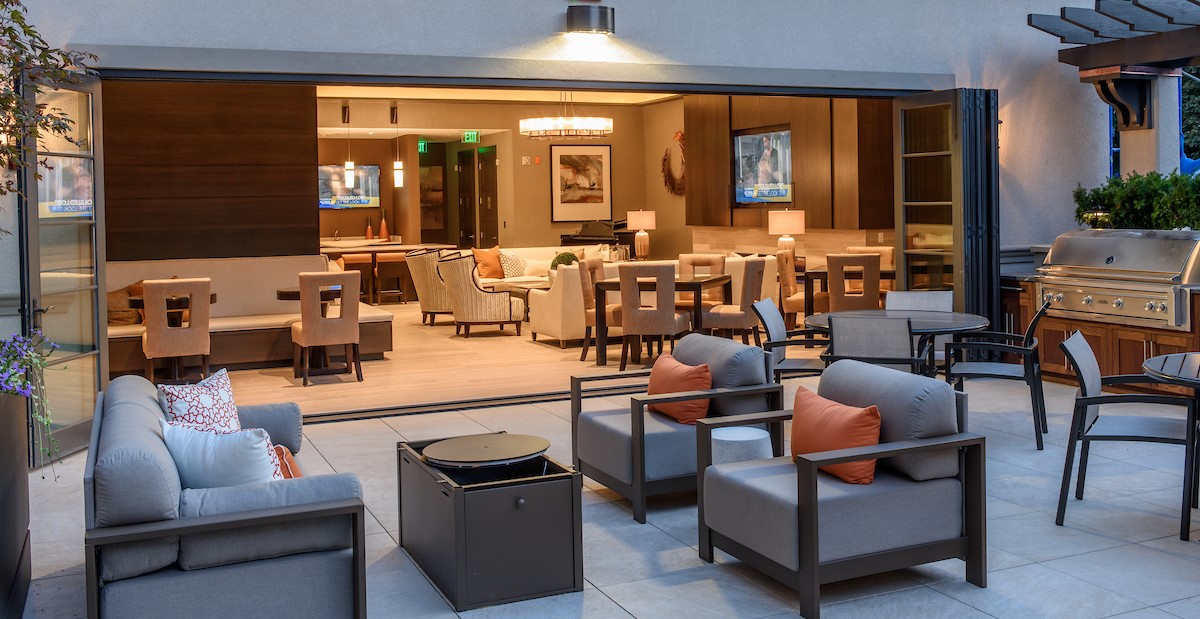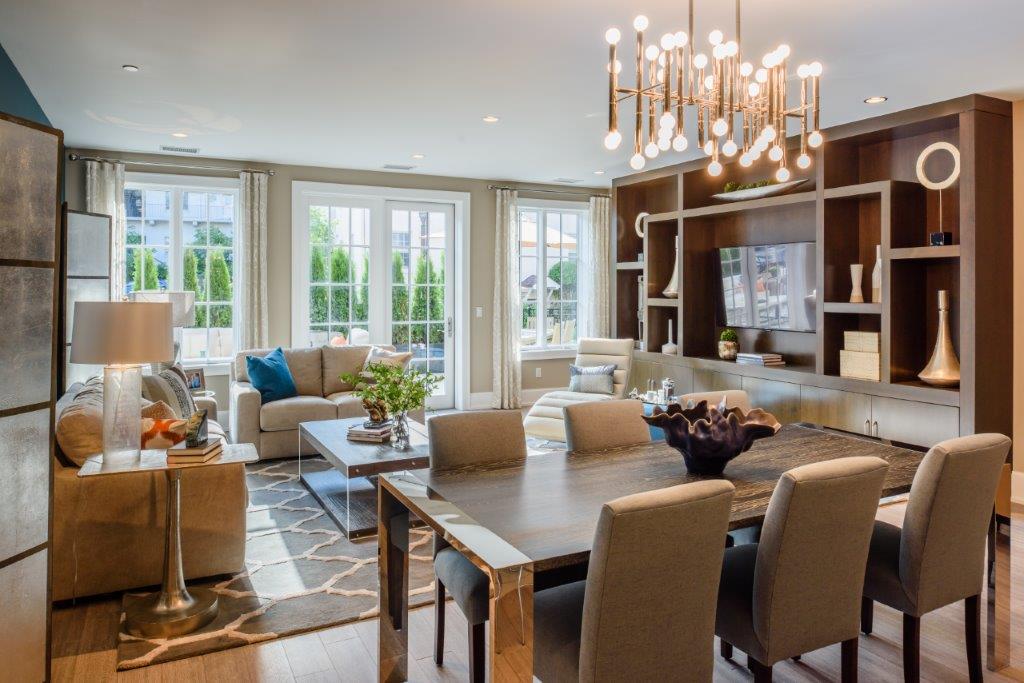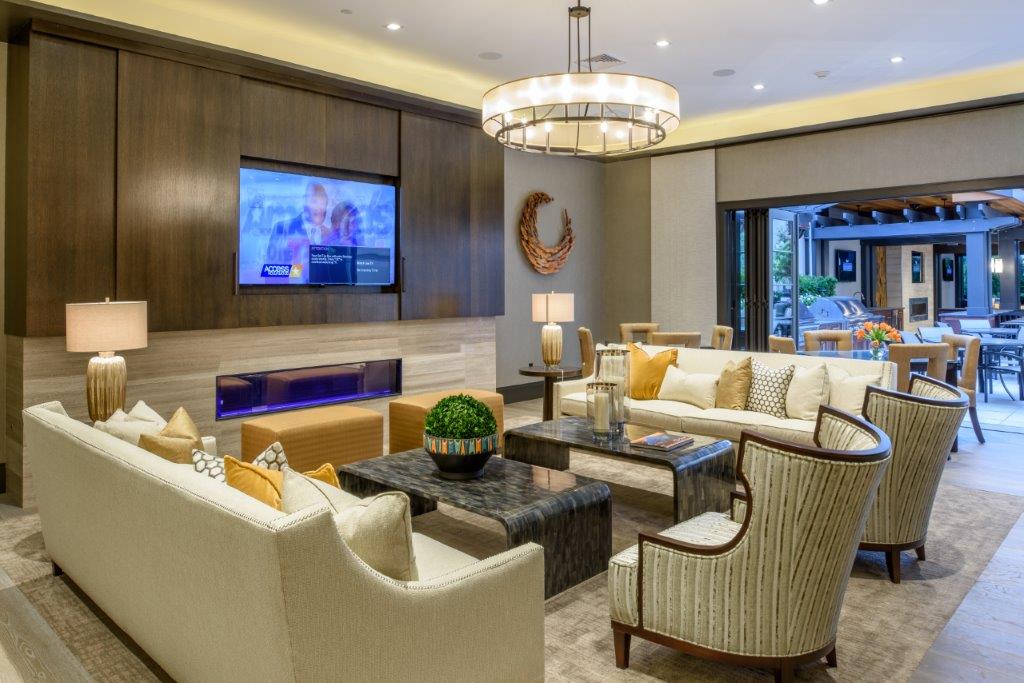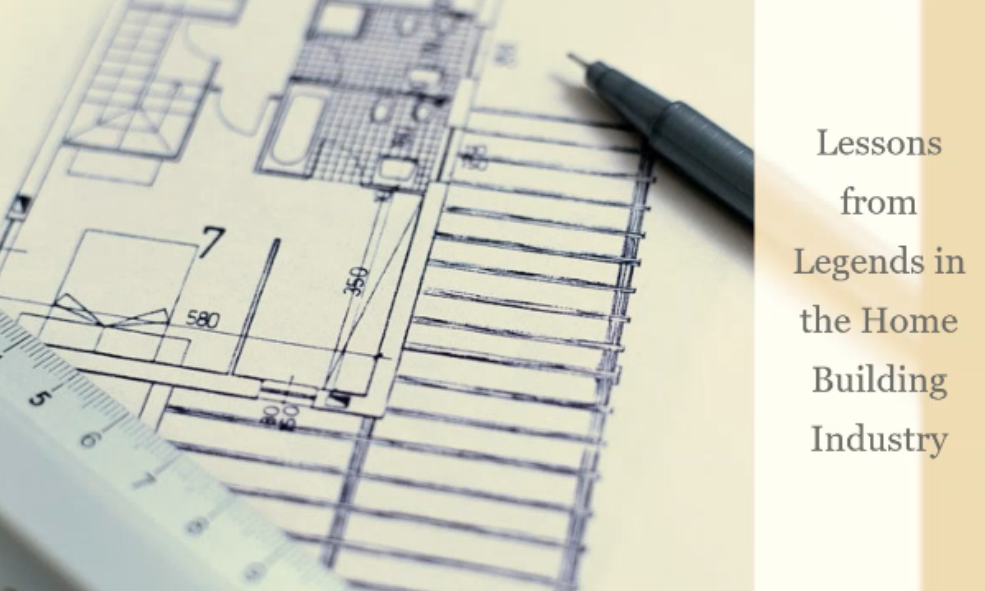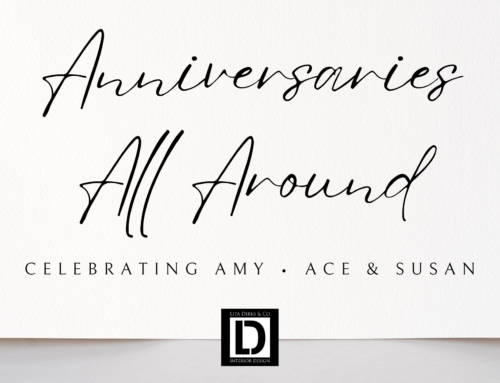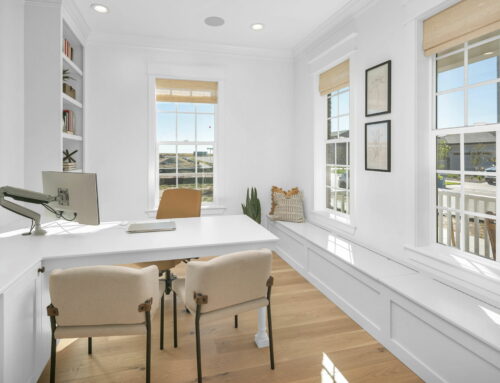Lessons from Legends in the Home Building Industry: Elise Platt
In this latest installment of our ongoing series, “Lessons with Legends” we sit down and talk to Elise Platt, residential real estate guru. Elise has been making her mark in the industry for years with an established track record of sustained success. We wanted to know how her career started, what lessons we can glean from her experiences, and what the future holds for her.
Jumping In
LD: Thanks again for agreeing to talk with us Elise. Let’s just jump right in. What is your standard answer when someone asks you what you do?
EP: Well contrary to popular belief perhaps, I don’t just do marketing. I am a development consultant. I consider myself the consumer representative on a developer’s team.
LD: You are hired by the developer, not the consumer, right?
EP: Exactly. I look at how a development impacts a consumer, the end-user if you will. From that perspective, I consider how the product should be designed, finished, and presented. I am the eyes and ears of the buyer and always come at what I do from the consumer’s perspective.
I’ll give you an example. A builder is doing a value-driven development. They may say, “what can I take out to save money?” While I will say, “what can you leave in and still make it achievable? Can you use laminate floors instead of hardwoods so that you can include more windows? What is something we can give the buyer now that they can’t do later? You can redo floors, but you can’t add more glass.”
LD: You’re like the fairy godmother.
EP: Ha! I just want to help the developer/builder create a great product. Because it all comes down to product. And it’s much easier to optimize profits when you have a great product from the very beginning. In fact, 99% of my work is done before it’s “showtime.” Before the product goes on the market.
LD: But you’re not “done” at this point, are you?
EP: No, definitely not. I am involved throughout the process – from concept to completion.
LD: Are you also involved with the sales team?
EP: Yes, absolutely. I train the team, coach them, and when necessary I work right alongside them. My philosophy is to sell from a position of strength. I encourage builders and developers not to deal. Set a price. Be fair and reasonable. And then don’t negotiate.
LD: Interesting, why do you discourage negotiating?
EP: Because when you open the door to negotiate you set up an adversarial relationship. Just be fair with the price from the get-go and it removes a lot of stress.
LD: Makes sense.
[EDITORS NOTE: Further discussion ensued about Elise’s selling philosophy and tactics. We were enthralled.]
How it all Began
LD: You have quite the impressive track record. How did you get started in the industry?
EP: By accident really. I graduated college with a journalism degree. My first job was at a magazine which eventually morphed into a job at McGraw Hill for their magazine entitled House & Home. (It was later changed to Housing.) As the most junior person on staff I was assigned to the new products and technologies beat. This meant I was meeting with manufacturers and going to the home builder shows to learn about different products.
LD: What kinds of products?
EP: Finishes. Appliances. New technologies. I remember when they introduced the microwave, exciting times!
As I grew with the magazine, my next assignment was helping to create a national seminar program. The idea was to create educational programs for the builders as a place for them to learn things they couldn’t anywhere else. It was a way to make our feature articles come to life.
LD: Wow, very impressive. What were the first seminars about? Were they popular?
EP: Yes, they were incredibly popular from the get-go. You must remember, this was pre-internet, pre-YouTube…there were not a lot of educational opportunities and we were offering information to builders not found elsewhere.
One of the first seminars was about how to “do a condo.” It covered everything from writing the master deeds, to planning and designing. No one knew how to do any of this despite condos being the huge trend in housing. These were standing-room only events from the beginning.
Then we went on the road and added more seminar topics. Our most popular seminars were always the marketing and design categories. During these events, we would have daily breakout sessions in which participants were able to work directly with our experts addressing their real life planning and design issues. It was an incredibly challenging and hectic time. We made a ton of money for the magazine.
The whole endeavor became very successful. I travelled all of the time and met builders across the country. It was from these seminars that lifelong relationships emerged.
LD: Were you still at McGraw Hill or had you ventured off onto your own at this point?
EP: I was still at the magazine. I remember it was 1979 and one of the executives asked me “If you could do anything to promote the magazine what would you do?” I said build a house and put it on the floor at the NAHB convention (as IBS was called then). He went with my idea and it completely changed the revenues and circulation of the magazine. It was a huge hit. The first house was called HMX1. It was the precursor to the NEST series of houses which were houses built on the floor of the convention for seven years.
Then Housing was sold and merged into Builder Magazine.
It was around this time that I left the McGraw Hill. I took the seminar business I had created and launched my own business.
LD: Quite impressive. So then how long did it take for you to become a full time consultant? That wasn’t your intent was it?
EP: No. I left the magazine thinking I would run the seminars, that would be my business. However, once word got out that I had left McGraw Hill, builders began coming to me asking for consulting help. Within three months I had four solid builder clients (one of whom is still a client today). There was no turning back. The rest, as they say, is history.
On-going Motivation
LD: And an inspiring history at that! What keeps you motivated after all this time?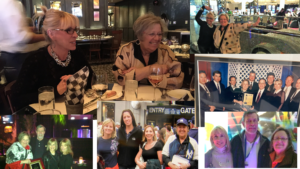
EP: The people. I feel so fortunate that what I do makes people’s lives better. I know I am a vital part in helping to create communities where people can create lives, raise their families, and make lifelong friends. The sense of accomplishment that comes from my work, it’s hard to top!
And it’s not just been the multi-million dollar mansions, it’s the starter homes, it’s the first-time home buyers, its affordable housing, it’s all of it. I love to create a place where people love where they are living. And the challenge of trying to make special places and making people feel good about where they live continues to be incredibly rewarding.
LD: What do you attribute your long successful career?
EP: I wouldn’t necessarily say successful.
LD: I would! You have been able to do what you love and have made a positive impact on so many people for your entire career. That’s success to me.
EP: Well, when you put it that way…
I believe the key to my success is that I have been able to create really terrific development teams. Where each member of the team is more like family, the chemistry works, and everyone is working with the same focus and goal of creating an ideal environment for the buyers.
Further, I’ve stayed true to my philosophy on housing. I don’t get into the pretentious. I don’t get distracted by some of the trends. I’ve stayed true to principles of what I think makes good housing/great homes. And truly, neighborhood is everything.
LD: Those are great words to live by, which makes a nice transition to my next (and almost last) question. What would you say is the best advice you’ve ever received? It can be for work, life, anything.
EP: My dad was a font of wisdom. He used to say a lot of wonderful things that I still think about daily, but I’ll give you my top three ‘dadisms’:
- If you hit a brick wall go right or left – don’t try and go through it.
- The difference between possible and impossible is “I’m” (I am).
- “Can’t” is really “won’t” in disguise.
LD: Those are fantastic. Love ‘dad advice.’ Any parting words of wisdom?
EP: Bottom line, don’t get distracted. Make sure you know your “why” and “how.” It’s funny when you think about it, I started off in journalism and as a journalist you ask yourself the same questions (who, what, why, etc.) to get a good story. These are the same questions I ask before I start any new project.
And as always, stay focused. Remember your end goal.
LD: Thank you so much, Elise. I appreciate you taking the time to share with us here. We’re glad you are staying focused and continuing to create great teams and special places.
Lita Dirks & Co has been fortunate to work with Elise over the years on several successful, award-winning projects including Villa at BXV. We have included just a few pictures of that project below.
